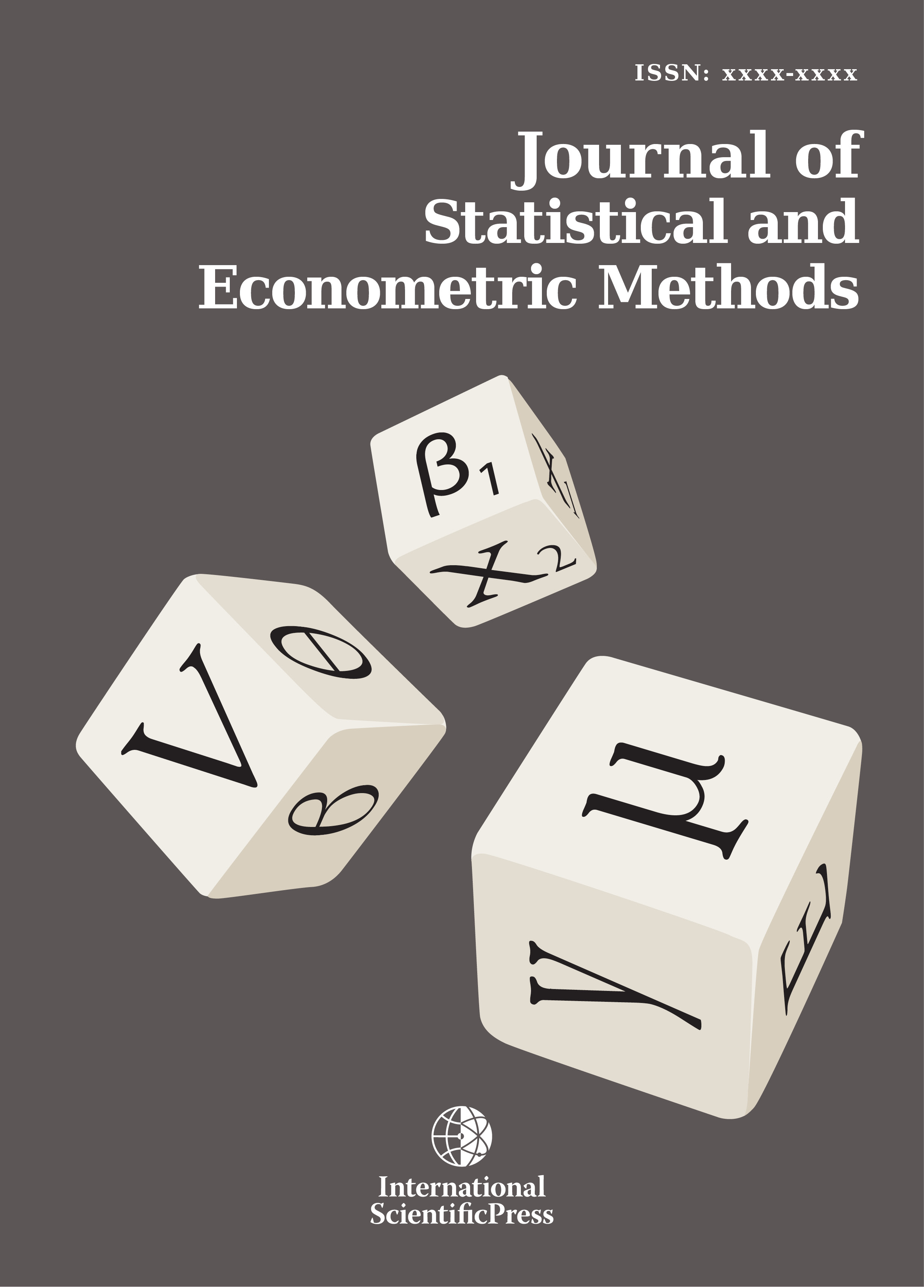Journal of Statistical and Econometric Methods
Exchange Rate Pass-Through to Domestic Prices in Uganda: Evidence from a Structural Vector Auto-Regression (SVAR)
-
 [ Download ]
[ Download ]
- Times downloaded: 11941
Abstract
This paper examines the degree of exchange rate pass through to inflation in Uganda with quarterly data over the period 1999Q3 to 2012Q2 using a triangulation of well specified Vector Error Correction (VEC) and Structural Vector Auto-Regression (SVAR) models. The findings show strong and significant association between the exchange rate movements and inflation in Uganda, and that the pass-through to domestic inflation, although incomplete, is modest and persistent with a dynamic exchange rate pass-through elasticity of 0.48. This suggests that exchange rate movements remain a potentially important source of inflation in Uganda. Using variance decomposition, it is found that exchange rate shocks have a modest contribution to inflation variance, although inflation is mainly driven by own shocks especially at shorter horizons. The policy implication arising from these findings is that the monetary authority must be vigilant at exchange rate movements and focus on exchange rate interventions which stem inflation pressure from the external sector.
